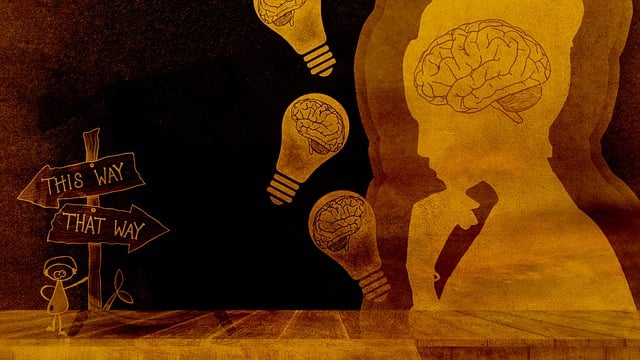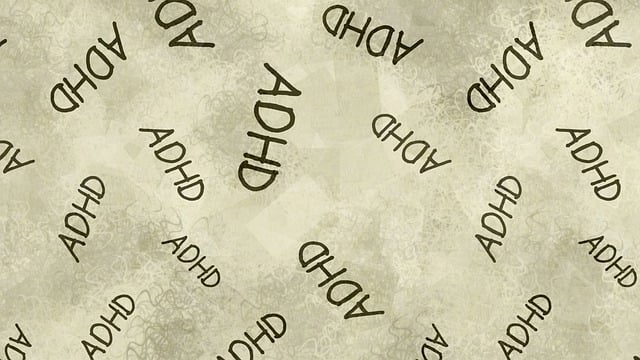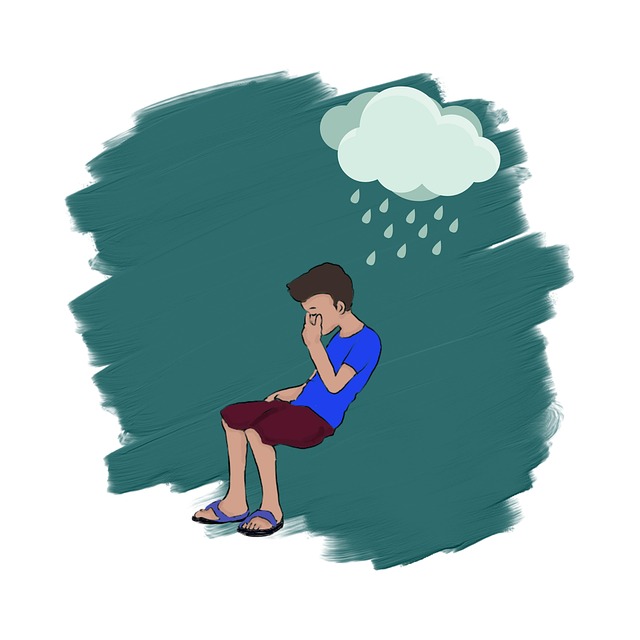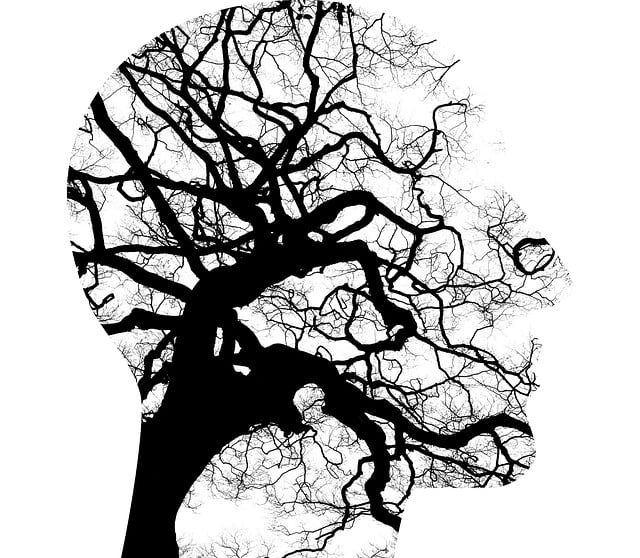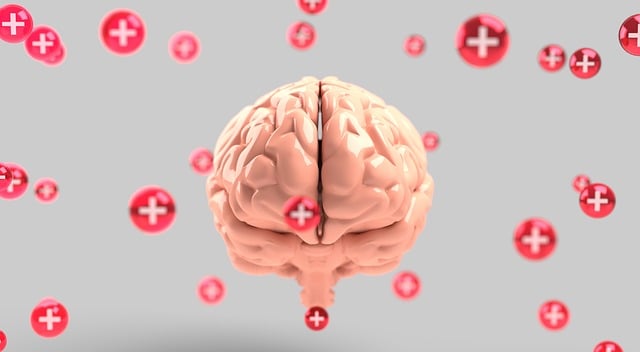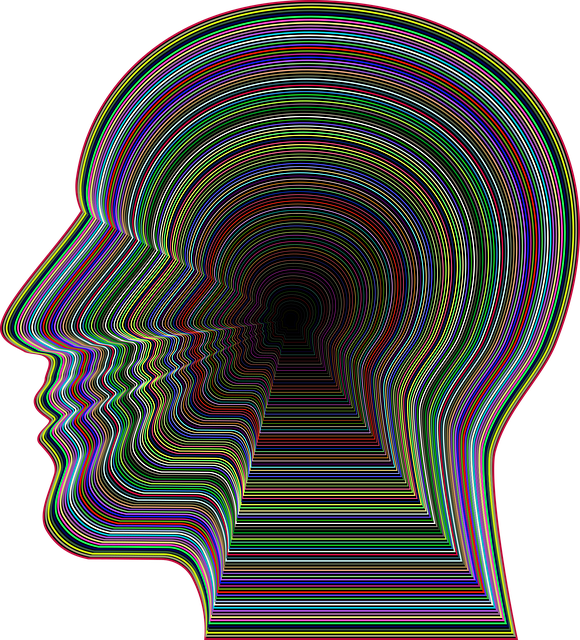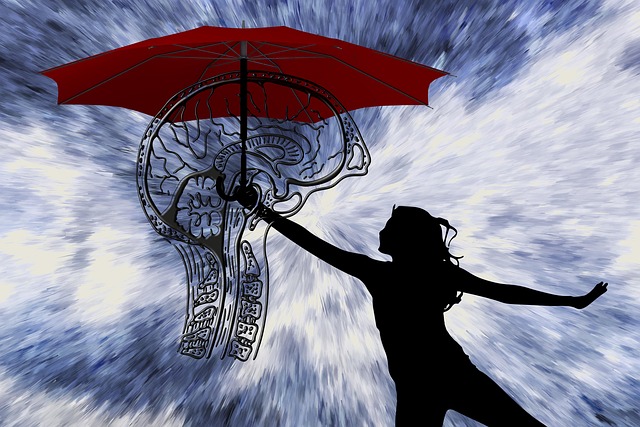Social skills training is a holistic component of therapy for individuals with mental health evaluations, focusing on communication, social cues, and confidence building. Combining this with mindfulness meditation practices improves social awareness and empathy, aiding navigation through complex social situations. This comprehensive strategy supports recovery, enhances relationships, and improves quality of life for those managing mental health conditions, as highlighted in the Mental Wellness Podcast Series. Tailored sessions address unique challenges, developing emotional intelligence and essential social competencies to manage symptoms effectively and empower individuals to thrive socially.
Social skills training is a powerful tool for managing mental health conditions. This comprehensive guide explores the intricate link between social interactions and psychological well-being, highlighting how therapy can enhance social abilities. We delve into effective strategies for individuals navigating mental health challenges, offering valuable insights for improved evaluations and overall mental health care. Discover practical ways to foster meaningful connections and boost resilience through targeted skill development.
- Understanding the Link Between Social Skills and Mental Health
- The Role of Therapy in Improving Social Skills for Better Mental Well-being
- Effective Strategies for Mental Health Condition Management Through Social Skills Training
Understanding the Link Between Social Skills and Mental Health

Social skills training has emerged as a powerful tool in addressing mental health conditions, highlighting the intricate link between an individual’s ability to interact with others and their overall well-being. Mental health evaluations often reveal that social impairments are prevalent across various disorders, from anxiety and depression to more severe conditions like schizophrenia. These impairments can manifest as difficulties in communication, understanding social cues, and forming meaningful connections, all of which significantly impact an individual’s daily life and recovery journey.
The integration of social skills training in therapy for mental health offers a holistic approach to treatment. By focusing on self-esteem improvement and cultural sensitivity in mental healthcare practice, individuals can develop the confidence to engage in social interactions. Mindfulness meditation practices have also shown promise in enhancing social awareness and empathy, enabling better navigation through complex social situations. This comprehensive strategy not only supports recovery but also promotes improved relationships and a higher quality of life for those managing mental health conditions.
The Role of Therapy in Improving Social Skills for Better Mental Well-being

Social skills training is a vital component of mental health care, offering individuals a pathway to enhance their interactions and overall well-being. Therapy plays a pivotal role in this process by providing a safe and supportive environment for clients to learn, practice, and refine their social abilities. Through structured sessions, therapists guide patients through various techniques tailored to their unique needs. This may include teaching emotional regulation strategies, which are essential for navigating social situations with confidence.
By integrating these skills into daily life, individuals can improve their ability to form connections, express themselves, and manage relationships effectively. The benefits extend beyond improved social interactions; enhanced emotional regulation leads to better mental wellness. As discussed in our Mental Wellness Podcast Series Production, fostering social skills can be a game-changer for those struggling with anxiety, depression, or other conditions. It empowers individuals to participate more actively in their support networks, leading to increased confidence and overall life satisfaction.
Effective Strategies for Mental Health Condition Management Through Social Skills Training

Mental health conditions can often make social interactions challenging, but social skills training offers a powerful tool for management and improvement. This tailored therapy for mental health individuals focuses on developing essential social competencies, enabling them to navigate relationships more effectively. Through structured programs, individuals learn to understand social cues, improve communication, and build confidence in various settings, be it at work or in their communities.
The process typically involves assessing individual needs through comprehensive mental health evaluations, followed by personalized training sessions targeting specific areas of difficulty. Emotional intelligence plays a pivotal role here, helping patients recognize and manage their emotions as well as those of others. As these skills develop, individuals experience enhanced self-esteem and better coping mechanisms, leading to improved overall well-being. This strategy not only aids in managing symptoms but also empowers people with the tools to thrive in social situations, fostering a greater sense of belonging and support.
Social skills training has emerged as a powerful tool in managing mental health conditions. By understanding the intricate link between social interactions and mental well-being, this approach leverages therapy to enhance communication and relationship building. Through effective strategies tailored to individual needs, individuals can significantly improve their social abilities and overall mental health outcomes. Integrating these techniques into therapeutic evaluations offers a promising path towards fostering more connected and resilient individuals in today’s world.

